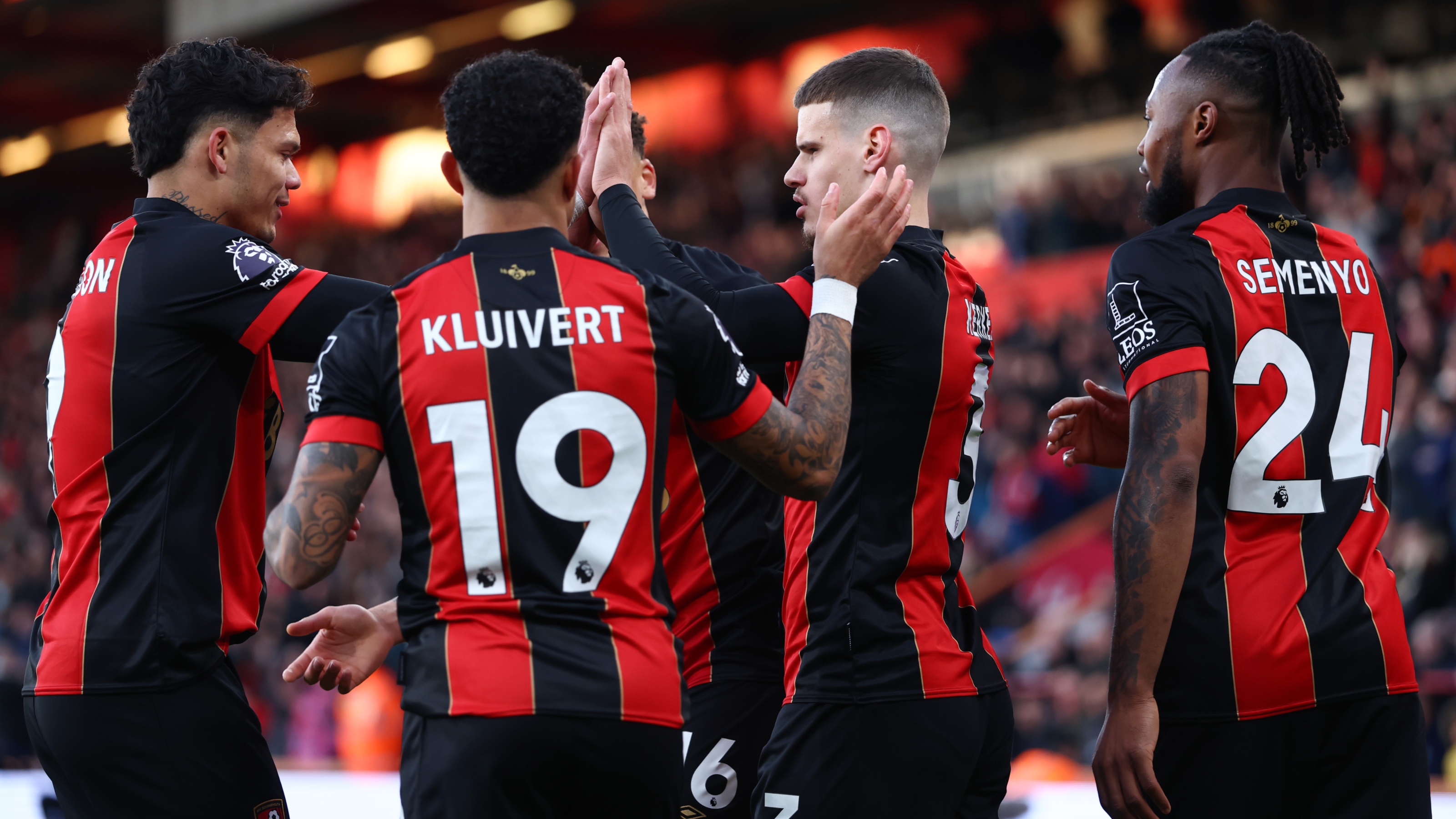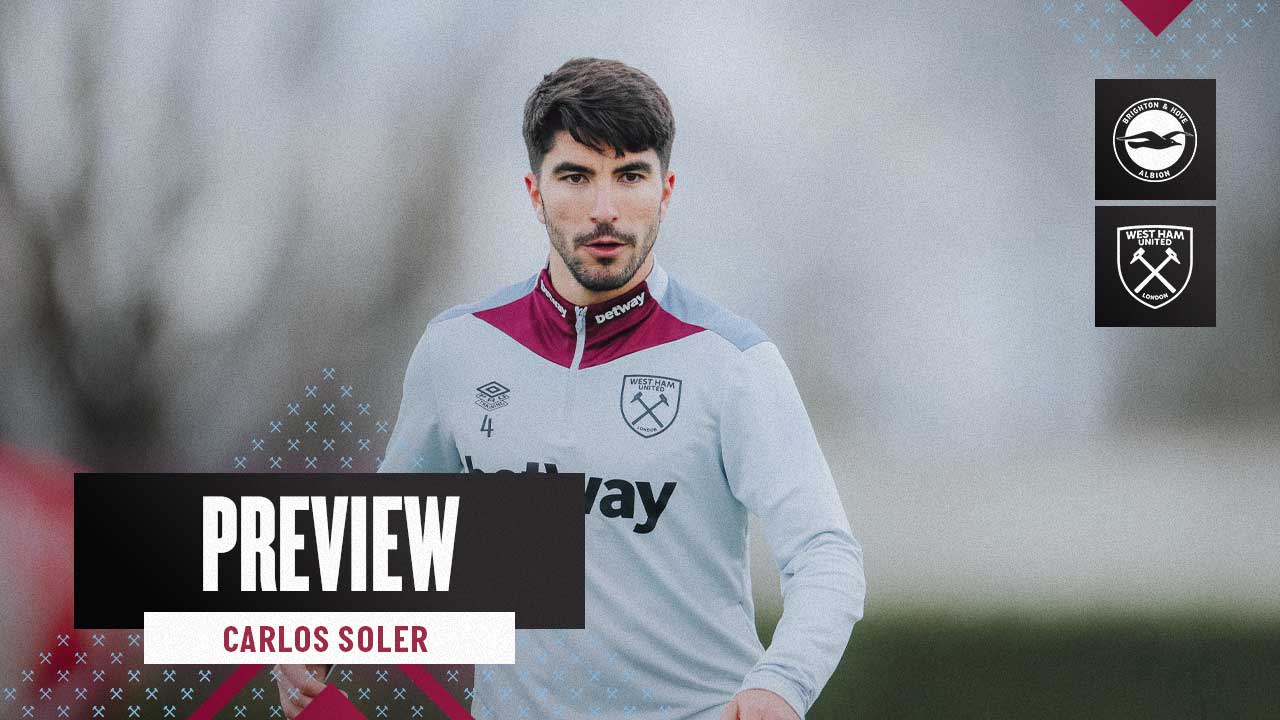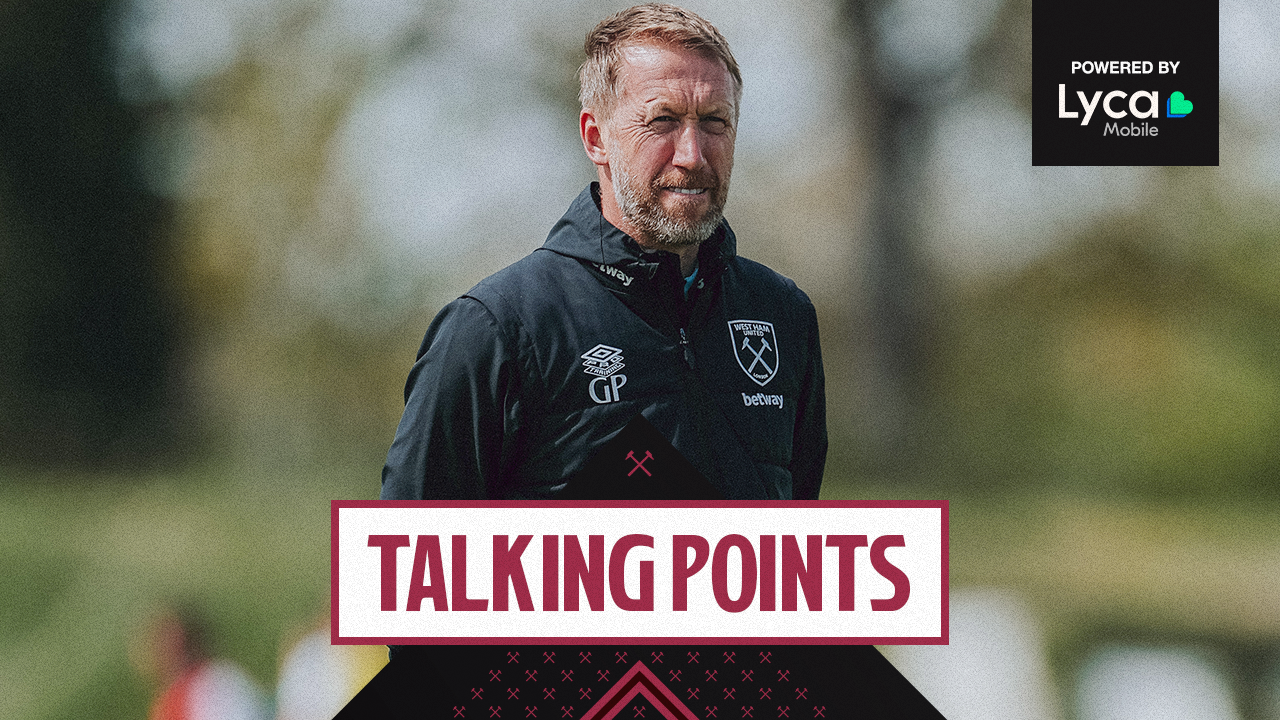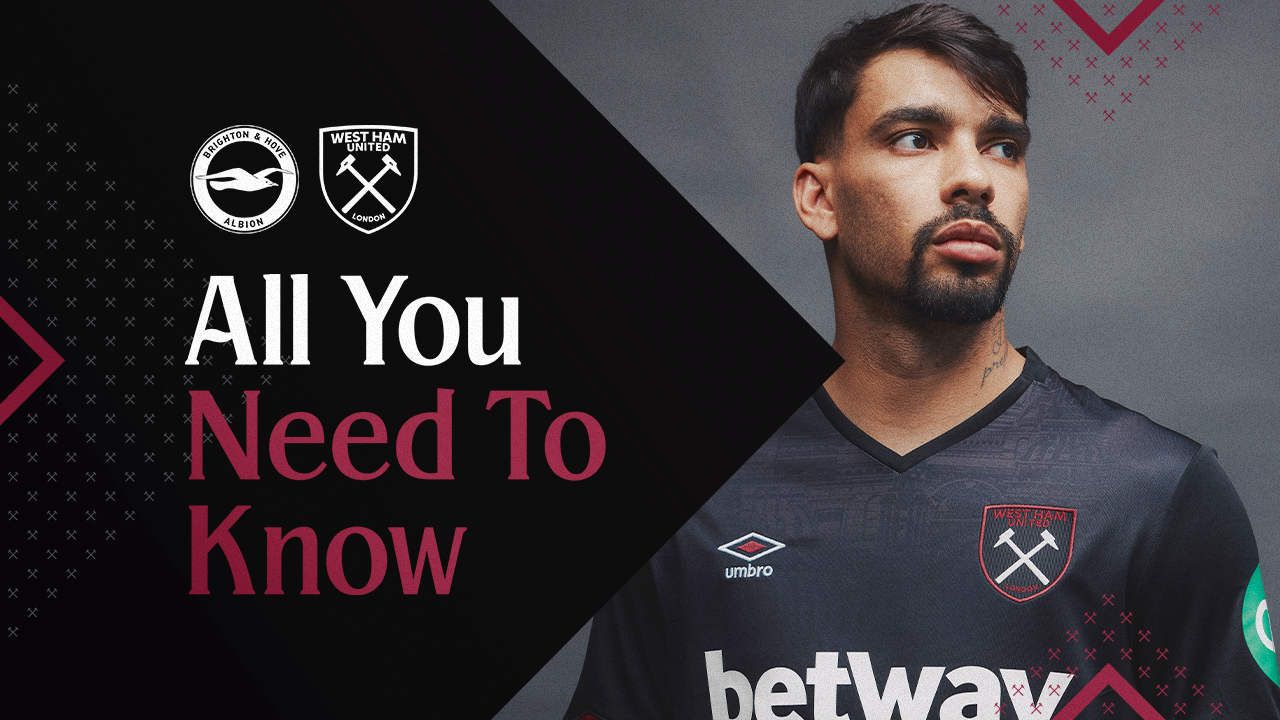Formed by Hammers supporters Jack Elderton and Callum Goodall to offer their fellow fans in-depth but accessible analysis of their team and its players, Analytics United use performance analysis and data to examine how the Cherries’ visit to London Stadium could play out...
Since a 5-0 win against Nottingham Forest in January marked the end of an eleven-game unbeaten run, Bournemouth have only won once in the Premier League. Manager Andoni Iraola has been forced into countless changes over the last month but has stuck to the 4-2-3-1 that has brought the Cherries such success. Lewis Cook and Dango Ouattara have played in unfamiliar positions whilst James Hill, Tyler Adams and David Brooks have all featured more prominently as Iraola has navigated a minor injury crisis on the south coast. But with Marcos Senesi, Adam Smith and Evanilson all back fit and available, Bournemouth are close to full strength again.
Playing the second-highest proportion of long balls in the Premier League (17.3%), Bournemouth leverage their incredible intensity in midfield to win second balls and create situations that feel like counter-attacks from settled play. Although the execution of these ideas might be completely different, this isn’t dissimilar to Brighton under Roberto De Zerbi last season. Where De Zerbi focused on slower build-up to bait opposition pressure before bursting into a manufactured counter-attack through quick diagonal progression, Bournemouth achieve the same thing with longer balls targeting the flanks. Iraola is able to do this with trust in his midfielders’ ability to beat their opposite number to loose balls in the middle after his side has initially drawn the opposition press. This approach allows the Cherries to circumvent the complexity of more associative play, focusing instead on physical advantages and progressing to the final third quickly.

De Zerbi’s approach left Brighton seventh in the Premier League last season with a marginally positive expected goals (xG) difference of +0.04 per 90 but Iraola’s more direct methods have allowed Bournemouth to achieve an incredible +0.41 per 90 difference, at the time of writing. They might be tenth in the Premier League but such positive underlying performance places Bournemouth THIRD in the division on expected points. With players coming back to full fitness, a more settled XI over coming weeks could see the Cherries quickly re-entering the European conversation.
Helping them to bring this style to life, centre-backs Dean Huijsen and Illia Zabarnyi have shown comfortability receiving the ball under pressure and an ability to break lines if given time. As such, teams are forced to close them down which enables the duo to make use of their passing range, attempting over 20 long passes combined per 90. Many of these longer balls pick out wide forward Antoine Semenyo who has developed rapidly under Iraola’s tutelage. Arguably the perfect player to combine target-forward-like qualities with the dribbling ability and two-footedness of a truly unpredictable goalscoring winger, it’s hard to imagine a better player for the Basque coach. Semenyo has won 45% of the 4.12 aerial duels per 90 that he has competed in whilst attempting 4.05 dribbles per 90 with 52% success. With that work helping his team consistently arrive in the final third and his following 3.69 shots per 90 helping Bournemouth truly threaten once they get there, Semenyo has quickly become the most important player in Iraola’s attack.
Replicating their attacking intensity without the ball, Bournemouth rank first in the Premier League for passes per defensive action (PPDA). Allowing their opposition just nine passes between each tackle, interception or duel, Bournemouth constantly harry teams and have converted six of their almost 200 high regains into goals. The Cherries rank top for shots created from defensive actions (0.69 per 90) and Ryan Christie has been key to their success. The Scot ranks first of all Premier League players for recoveries (7.5 per 90), whilst blocking 1.4 passes per game (top 9%) and producing 2.97 shots each match from open play, reliably converting regains into chances.

They may have been one of the strongest teams in the division in open play this season, but Bournemouth’s set-piece defending could still improve. Ranking second-from-bottom for set-pieces conceded (20 per game), 18th for shots conceded from dead-ball-situations (67 across the season) and fourth for goals conceded (10), Bournemouth are susceptible to a devilish ball into the box. Dead-ball-specialist James Ward-Prowse has impressed since returning to West Ham and the ex-Southampton midfielder might just be capable of producing the right ball to get one over his old south-coast rivals.
Smith’s return is a boost for Bournemouth but right-back could be considered an area of weakness in Iraola’s squad. Summer signing Julián Araujo has struggled to break into the team and has been out injured since mid-November, while Smith himself has been one of the weaker duelling full-backs in the division this season, with just 47% success in the tackle and 42% success in the air. Cook has deputised well in this position but, if Iraola wants to get him back into the middle, Smith or Araujo will need to make a speedy return from the sidelines or centre-back Hill could feature in a wider role once more despite slight weaknesses against dribblers.
Although Iraola’s side have struggled for form since February, sitting just six points off the the top six, the Cherries still have everything to play for. If Potter is to secure a positive result today, he’ll need to extract maximum energy from the group and a top duelling performance to combat Bournemouth’s effervescence and create a platform to find the quality in attack that breaks down a side rarely conceding big chances. With players like Jarrod Bowen, Tomáš Souček and Lucas Paquetá capable of delivering in these key areas, West Ham might just be well-placed to slow Bournemouth’s recovery and put a dent in their ambitions to compete in Europe next season.
Analysis data collated ahead of AFC Bournemouth's home game against Ipswich Town on Wednesday 2 April. The views and opinions expressed in this article are those of Analytics United and do not necessarily reflect the views and opinions of West Ham United.





